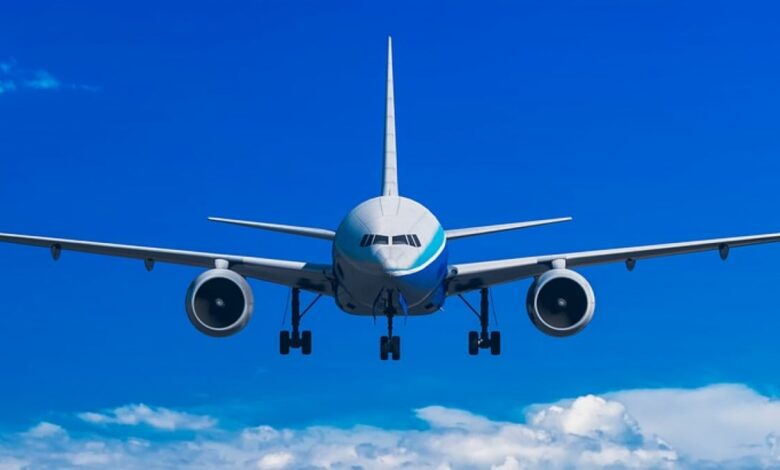Scientists are testing cell tower-based GPS signals for pilots in distress

Scientists are developing an alternative navigation system that uses cellular signals to help pilots if GPS fails, according to a study conducted by Sandia National Laboratories and Ohio State University. The system relies on signals from cell towers and communications satellites and provides a safety net for airborne navigation systems. The initiative aims to reduce the risks associated with GPS disruptions, which can occur due to technical glitches, malicious interference or in conflict zones.
Testing and early results
The Global Positioning System, consisting of 31 satellites, is certified by the US Federal Aviation Administration (FAA) to provide accurate navigation data. However, it remains vulnerable to jamming and hacking, raising concerns about its reliability in critical situations.
The research team, led by Jennifer Sanderson, an electrical engineer at Sandia National Laboratories, said in a statement that we must meet these challenges through a technology that uses ‘signals of opportunity’ – unintended signals such as those from mobile networks and satellites.
As reported by Sandia National Laboratories, experimental trials have used weather balloons to deliver antenna payloads into the stratosphere, reaching altitudes of up to 80,000 feet. These payloads pick up signals from communications satellites and cell towers, potentially providing pilots with navigation data during GPS outages.
Initial findings suggest that cell tower signal beacons can be detected at such heights, although the process currently requires manual analysis to identify individual signals. Researchers plan to improve the system using algorithms capable of real-time signal identification and position calculations.
Challenges and future developments
Although the system is promising, obstacles remain. Communications satellites focus their signals on the Earth’s surface, making it challenging to detect them effectively at high altitudes. The researchers are working to improve detection capabilities and reduce errors to ensure the technology’s usability for aviation.
If successfully implemented, this navigation system could significantly increase aviation safety by providing a reliable backup for GPS, reducing the risks associated with its failure during flights.




